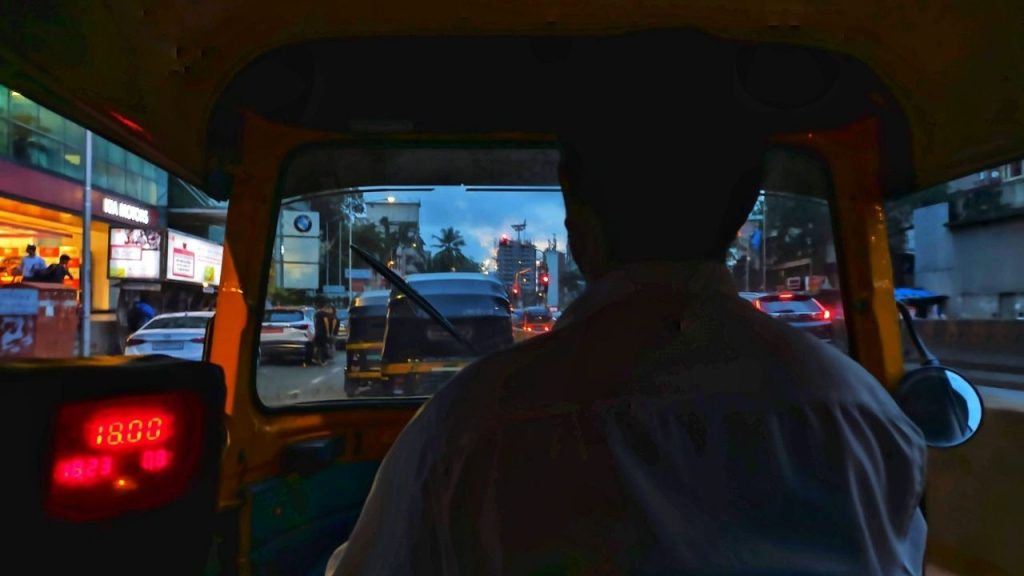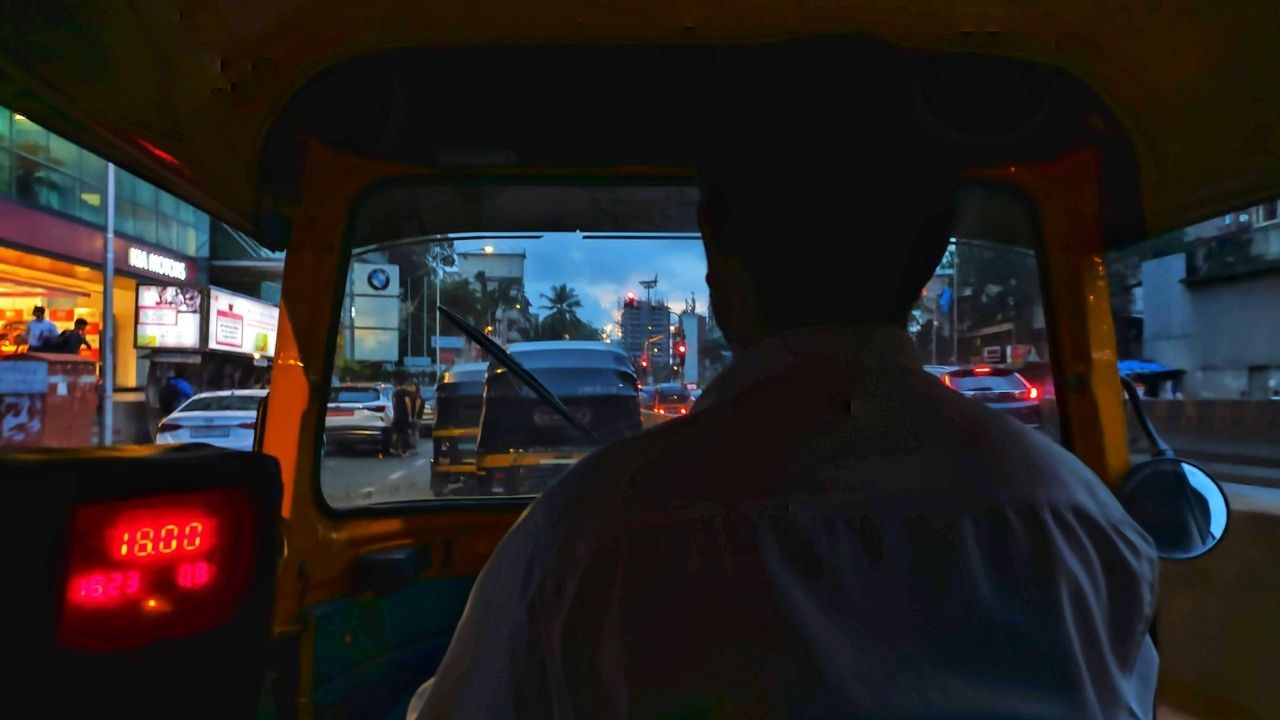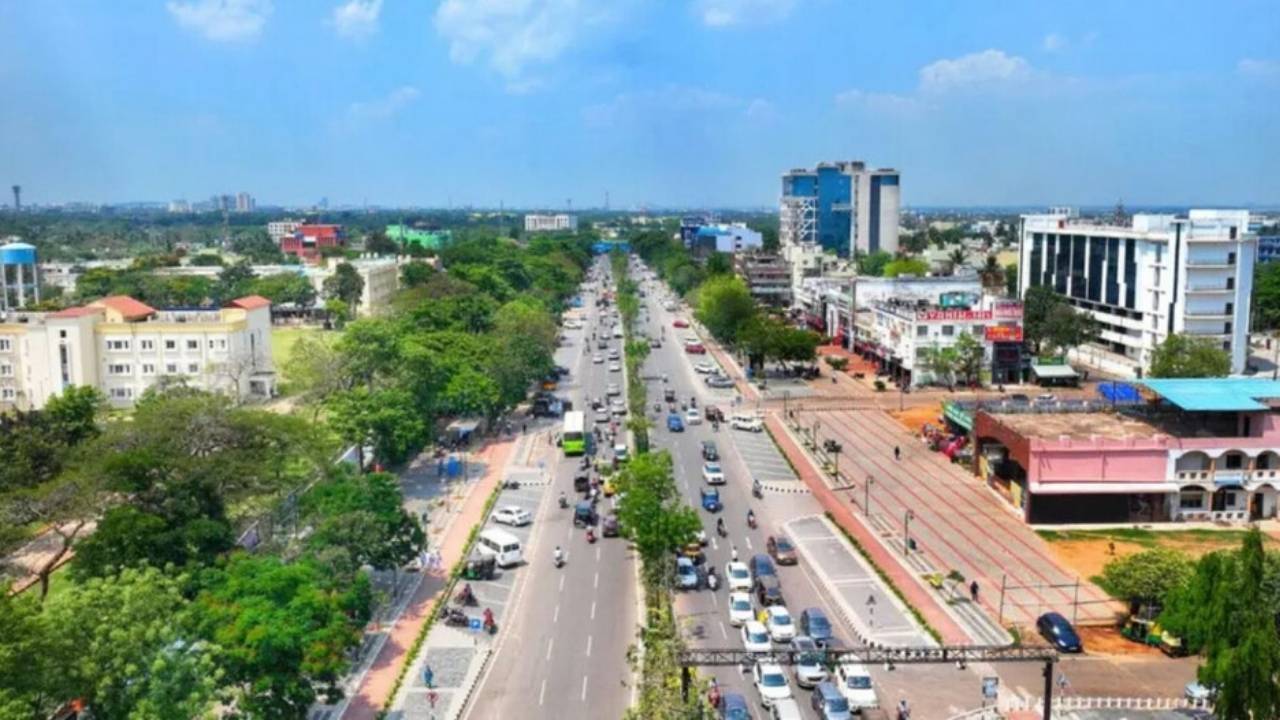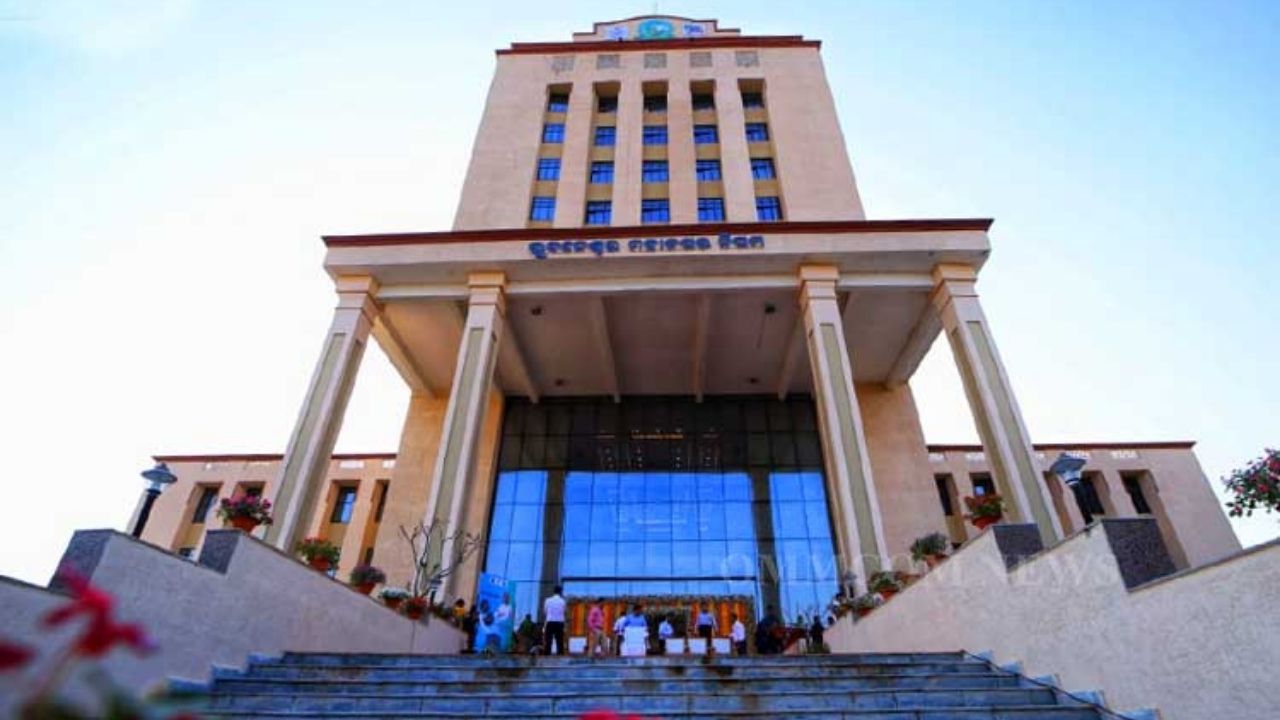In a chilling incident that took place in Mayurbhanj district, Odisha, an auto-rickshaw driver named Himanshu Sahu, allegedly murdered his elderly parents while under the influence of alcohol and then spent the night with their bodies. This shocking event underscores the dangers of excessive drinking, family tensions, and the importance of addressing underlying issues before they spiral into violence. Let’s break down what happened, explore the broader implications of this tragic situation, and offer insights into how such tragedies can be prevented.

Odisha Auto Driver Kills Parents While Drunk
| Key Fact | Details |
|---|---|
| Incident | Auto driver kills his parents while drunk, stays with bodies overnight. |
| Location | Dhonapal Village, Mayurbhanj District, Odisha, India. |
| Victims | Hadibandhu Sahu (81), Shanti Sahu (72). |
| Alleged Perpetrator | Himanshu Sahu (55), their son. |
| Murder Weapon | Stone-breaking hammer. |
| Motivation | Domestic dispute, alcohol abuse, family conflicts. |
| Outcome | Himanshu arrested, bodies sent for post-mortem. |
| Community Impact | Shocked the local community and sparked conversation on domestic violence and alcohol abuse. |
| Official Sources | MoneyControl, FreePressJournal, SambadEnglish. |
The tragic events in Odisha, where an auto driver killed his elderly parents while intoxicated, serve as a stark reminder of the dangers of alcohol abuse and unresolved family conflicts. While we can never undo the damage caused by this incident, it’s crucial to learn from it and work toward preventing similar tragedies. By recognizing the signs of domestic abuse, supporting intervention programs, and encouraging open communication, we can create safer, healthier families and communities.
What Happened in Mayurbhanj?
On the evening of July 15, 2025, in the sleepy village of Dhonapal, Odisha, the otherwise quiet atmosphere was shattered by an unimaginable crime. Himanshu Sahu, a 55-year-old auto-rickshaw driver, allegedly attacked his elderly parents—Hadibandhu Sahu, 81, and Shanti Sahu, 72—while intoxicated. According to authorities, a violent altercation broke out after a domestic dispute, with Himanshu using a stone-breaking hammer to strike his parents. Tragically, both his mother and father died from the injuries inflicted.
What makes this incident even more shocking is the fact that Himanshu remained with the bodies of his deceased parents overnight. The following morning, the community was stunned to discover Himanshu sitting near the bodies, seemingly unbothered by what had just occurred.
This horrifying event has sparked a much-needed discussion about alcohol abuse, family disputes, and the dark side of unresolved emotional issues that can often lead to tragic outcomes.
The Ripple Effects of Alcohol Abuse
While the immediate shock of this tragedy has captured headlines, it’s important to look deeper into the broader issue of alcohol abuse and its long-term effects on individuals, families, and communities. In many parts of India, alcohol consumption is deeply ingrained in the culture, with drinking often being seen as a social activity. However, as with any substance, overconsumption can lead to violent behavior, emotional instability, and a breakdown in relationships.
According to data from the World Health Organization (WHO), alcohol is a leading cause of violence, especially in domestic settings. Research shows that individuals who abuse alcohol are more likely to engage in violent behaviors, including physical and emotional abuse toward family members. This tragedy in Odisha is a painful example of how unchecked alcohol abuse can escalate into irreversible violence.
Alcohol Abuse and Domestic Violence: The Link
Domestic violence, particularly when fueled by alcohol, is an issue that affects millions of families worldwide. In the United States alone, the National Domestic Violence Hotline reports that 1 in 4 women and 1 in 9 men experience severe physical violence from an intimate partner during their lifetime. Alcohol use disorder is often a contributing factor, as it impairs judgment and lowers inhibitions, making individuals more prone to acts of aggression and violence.
For family members, the emotional toll of witnessing or experiencing violence can be devastating. In Himanshu’s case, it is likely that years of family tensions, exacerbated by his drinking, created a perfect storm for this tragic incident.
Signs of Family Conflict and Abuse: What to Watch For
It’s essential to recognize the signs of escalating family conflict or alcohol abuse before things spiral out of control. Here are a few common red flags that could indicate a need for intervention:
- Frequent arguments or violence: If family members are arguing more often or resorting to physical violence during disagreements, this is a serious concern.
- Substance abuse: Excessive drinking or drug use is a major factor in many instances of domestic violence.
- Emotional withdrawal: One or both parties may begin to emotionally disengage from the family, leading to isolation and increased stress.
- Threats of harm: Any indication that someone might harm themselves or others should be taken seriously.
If you or someone you know is experiencing any of these signs, it’s essential to seek professional help. Many organizations offer counseling, intervention programs, and support for families dealing with substance abuse and domestic violence.
How to Prevent Such Tragedies: Practical Advice
Preventing tragedies like the one in Mayurbhanj requires a multi-faceted approach. Here are some strategies that can help reduce the risk of domestic violence and alcohol-related tragedies:
1. Intervention Programs
Communities should have access to alcohol intervention programs. These programs aim to help individuals recognize and address their addiction before it leads to serious consequences. The National Institute on Alcohol Abuse and Alcoholism (NIAAA) offers a variety of resources for those struggling with alcohol use disorders.
2. Family Counseling
Family therapy or counseling can help address unresolved issues and improve communication within the family. Sometimes, people become violent when they are unable to express their frustrations or emotions in a healthy way. Professional counseling can help families work through difficult issues in a safe and productive manner.
3. Educational Programs
Education about the dangers of alcohol abuse and domestic violence can help prevent such tragedies from happening in the first place. Schools, workplaces, and local communities can offer workshops and seminars on how to recognize signs of abuse, how to intervene, and where to seek help.
4. Support Networks
For families affected by alcohol abuse or domestic violence, having a strong support network is crucial. This can include friends, family members, social services, and organizations like Alcoholics Anonymous (AA). A support system can provide guidance, encouragement, and resources for getting help.
5. Legal Support
It’s important for victims of domestic violence to understand their legal rights and the options available to them. Laws surrounding domestic violence and alcohol-related offenses vary from region to region, but it’s essential to know where to turn for protection and justice. Legal aid organizations can provide invaluable assistance to individuals who need support in navigating the legal system.
Balasore Tragedy Sparks Statewide Shutdown: What to Expect on July 17 in Odisha
11 Days Before Tragic Self-Immolation, Odisha Student Warned of Suicide
Odisha Chief Minister Grants ₹20 Lakh to Family of Student Who Died After Self-Immolating
FAQs
Q: What should I do if I suspect someone is experiencing domestic violence?
A: If you suspect someone is experiencing domestic violence, it’s important to reach out to a trusted professional, such as a counselor or law enforcement. Encourage the person to seek help, and provide them with information about resources like the National Domestic Violence Hotline.
Q: How can alcohol abuse affect families?
A: Alcohol abuse can strain relationships, leading to emotional, physical, and financial difficulties. It can contribute to conflicts, domestic violence, and even death, as seen in the case of Himanshu Sahu and his parents.
Q: Are there programs to help people with alcohol addiction?
A: Yes, there are numerous programs available for people struggling with alcohol addiction, such as Alcoholics Anonymous (AA) and Inpatient Rehab Programs. Many of these programs offer counseling, support groups, and resources for recovery.
Q: How can families prevent domestic violence?
A: Families can prevent domestic violence by seeking early intervention, addressing conflicts through communication, seeking therapy, and having a support network in place to help with emotional challenges.





